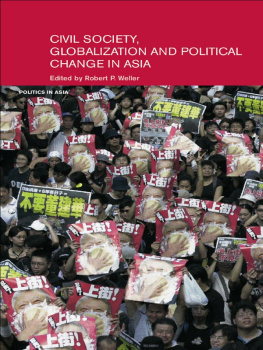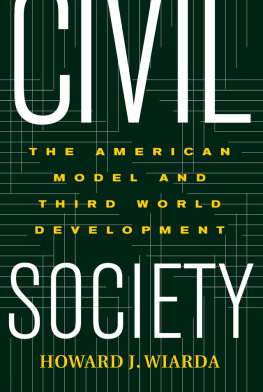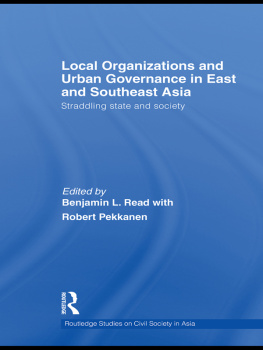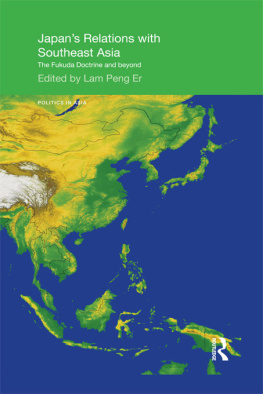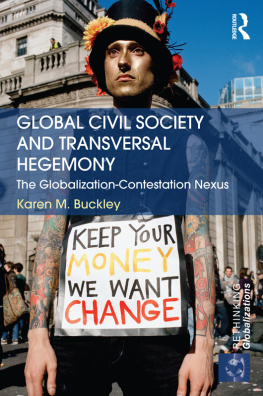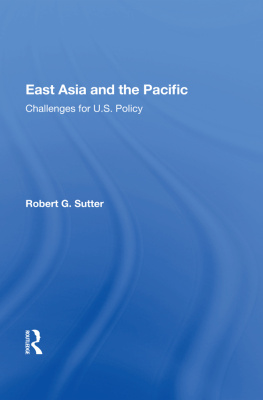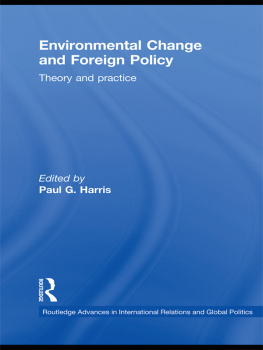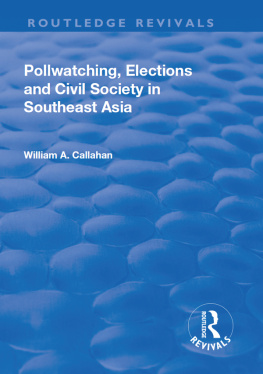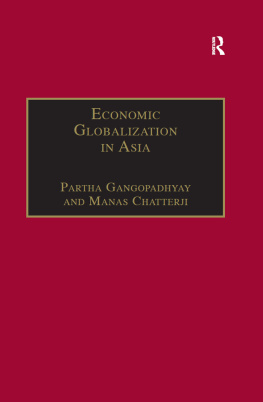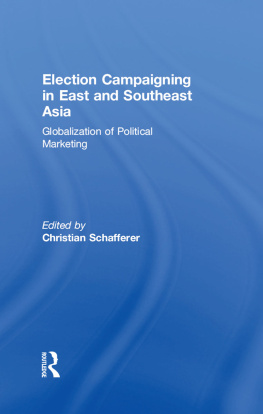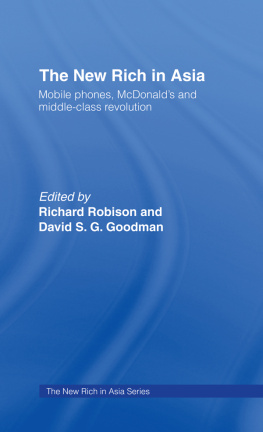Civil Life, Globalization, and Political Change in Asia
Academics and policy-makers have grown increasingly interested in the ways that nongovernmental organizations (NGOs) may encourage better governance, democratic politics, and perhaps ultimately a global civil society. However, critics of these organizations have pointed out that NGOs tend to be undemocratic in their internal politics, speak for groups of people to whom they are not accountable through elections or financial support, and often represent the interests of people in wealthy countries at the expense of indigenous people. The main questions revolve around whether, and how NGOs actually lead to democratization, and the ways in which NGOs relate to broader global forces.
In Civil Life, Globalization, and Political Change in Asia, Robert Weller has brought together an international group of experts on the subject whose chapters address these questions through a series of extensive case studies from East and Southeast Asia including Japan, China, South Korea, Taiwan, Hong Kong, Singapore, Indonesia and Vietnam.
Robert P. Weller is Professor of Anthropology at Boston University, USA.
Politics in Asia series
Formerly edited by Michael Leifer
London School of Economics
ASEAN and the Security of South-East Asia
Michael Leifer
Chinas Policy towards Territorial Disputes
The case of the South China Sea Islands
Chi-kin Lo
India and Southeast Asia
Indian perceptions and policies
Mohammed Ayoob
Gorbachev and Southeast Asia
Leszek Buszynski
Indonesian Politics under Suharto
Order, development and pressure for change
Michael R.J. Vatikiotis
The State and Ethnic Politics in Southeast Asia
David Brown
The Politics of Nation Building and Citizenship in Singapore
Michael Hill and Lian Kwen Fee
Politics in Indonesia
Democracy, Islam and the ideology of tolerance
Douglas E. Ramage
Communitarian Ideology and Democracy in Singapore
Beng-Huat Chua
The Challenge of Democracy in Nepal
Louise Brown
Japans Asia Policy
Wolf Mendl
The International Politics of the Asia-Pacific, 19451995
Michael Yahuda
Political Change in Southeast Asia
Trimming the Banyan Tree
Michael R.J. Vatikiotis
Hong Kong
Chinas challenge
Michael Yahuda
Korea versus Korea
A case of contested legitimacy
B.K. Gills
Taiwan and Chinese Nationalism
National identity and status in international society
Christopher Hughes
Managing Political Change in Singapore
The elected presidency
Kevin Y.L. Tan and Lam Peng Er
Islam in Malaysian Foreign Policy
Shanti Nair
Political Change in Thailand
Democracy and participation
Kevin Hewison
The Politics of NGOs in South-East Asia
Participation and protest in the Philippines
Gerard Clarke
Malaysian Politics Under Mahathir
R.S. Milne and Diane K. Mauzy
Indonesia and China
The politics of a troubled relationship
Rizal Sukma
Arming the Two Koreas
State, capital and military power
Taik-young Hamm
Engaging China
The management of an emerging power
Edited by Alastair Iain Johnston and Robert S. Ross
Singapores Foreign Policy
Coping with vulnerability
Michael Leifer
Philippine Politics and Society in the Twentieth Century
Colonial legacies, post-colonial trajectories
Eva-Lotta E. Hedman and John T. Sidel
Constructing a Security Community in Southeast Asia
ASEAN and the problem of regional order
Amitav Acharya
Monarchy in South-East Asia
The faces of tradition in transition
Roger Kershaw
Korea After the Crash
The politics of economic recovery
Brian Bridges
The Future of North Korea
Edited by Tsuneo Akaha
The International Relations of Japan and South East Asia
Forging a new regionalism
Sueo Sudo
Power and Change in Central Asia
Edited by Sally N. Cummings
The Politics of Human Rights in Southeast Asia
Philip Eldridge
Political Business in East Asia
Edited by Edmund Terence Gomez
Singapore Politics under the Peoples Action Party
Diane K. Mauzy and R.S. Milne
Media and Politics in Pacific Asia
Duncan McCargo
Japanese Governance
Beyond Japan Inc
Edited by Jennifer Amyx and Peter Drysdale
China and the Internet
Politics of the digital leap forward
Edited by Christopher R. Hughes and Gudrun Wacker
Challenging Authoritarianism in Southeast Asia
Comparing Indonesia and Malaysia
Edited by Ariel Heryanto and Sumit K. Mandal
Cooperative Security and the Balance of Power in ASEAN and the ARF
Ralf Emmers
Islam in Indonesian Foreign Policy
Rizal Sukma
Media, War and Terrorism
Responses from the Middle East and Asia
Edited by Peter Van der Veer and Shoma Munshi
China, Arms Control and Nonproliferation
Wendy Frieman
Communitarian Politics in Asia
Edited by Chua Beng Huat
East Timor, Australia and Regional Order
Intervention and its aftermath in Southeast Asia
James Cotton
Domestic Politics, International Bargaining and Chinas Territorial Disputes
Chien-peng Chung
Democratic Development in East Asia
Becky Shelley
International Politics of the Asia-Pacific since 1945
Michael Yahuda
Asian States
Beyond the developmental perspective
Edited by Richard Boyd and Tak-Wing Ngo
Civil Life, Globalization, and Political Change in Asia
Organizing between family and state
Edited by Robert P. Weller
First published 2005
by Routledge
2 Park Square, Milton Park, Abingdon, Oxon OX14 4RN
Simultaneously published in the USA and Canada
by Routledge
270 Madison Ave, New York, NY 10016
Routledge is an imprint of the Taylor & Francis Group
This edition published in the Taylor & Francis e-Library, 2005.
To purchase your own copy of this or any of Taylor & Francis or Routledges collection of thousands of eBooks please go to www.eBookstore.tandf.co.uk.
2005 editorial matter and selection, Robert P. Weller; individual chapters, the contributors
All rights reserved. No part of this book may be reprinted or reproduced or utilised in any form or by any electronic, mechanical, or other means, now known or hereafter invented, including photocopying and recording, or in any information storage or retrieval system, without permission in writing from the publishers.
British Library Cataloguing in Publication Data
A catalogue record for this book is available from the British Library
Library of Congress Cataloging in Publication Data

